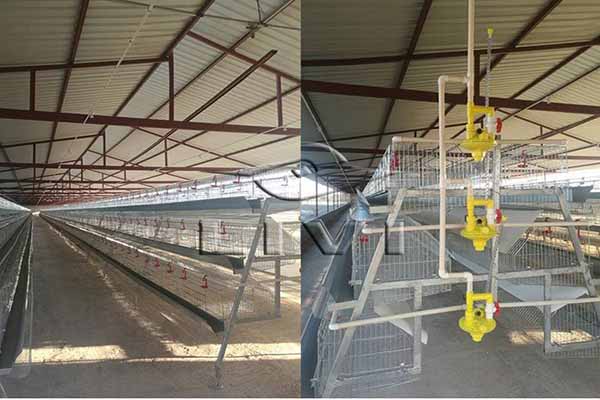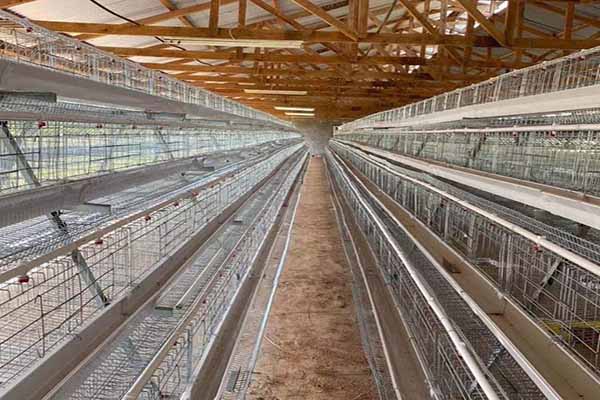Kienyeji Chicken Farming in Kenya 2020: A Comprehensive Guide
Time : 2025-05-13
Hey there, chicken farming enthusiasts! If you’re looking to dive into the world of Kienyeji chicken farming in Kenya, you’ve come to the right place. In 2020, Kenya’s poultry industry saw some incredible developments, and we’re here to give you a rundown of everything you need to know. So, let’s get our feathers ruffled and explore the ins and outs of Kienyeji chicken farming in Kenya 2020!

What is Kienyeji Chicken?
Kienyeji chicken, also known as the “local chicken,” is a breed that’s indigenous to Kenya. These chickens are well-known for their adaptability, hardiness, and excellent foraging abilities. They’re also highly prized for their delicious taste and are a favorite among local consumers.
The Growing Trend in Kienyeji Chicken Farming
In 2020, Kienyeji chicken farming in Kenya experienced significant growth. Here are some key trends and factors that contributed to this surge:
- Increased Demand: As the Kenyan population continues to grow, so does the demand for affordable, high-quality chicken. Kienyeji chickens fit this bill perfectly.
- Government Support: The Kenyan government has been actively promoting agricultural development, including chicken farming. This has resulted in various incentives and support programs for farmers.
- Improvements in Farming Techniques: Advances in farming techniques have made it easier for farmers to raise Kienyeji chickens successfully.
Setting Up Your Kienyeji Chicken Farm
Now, let’s get down to the nitty-gritty of setting up your Kienyeji chicken farm:
Choosing the Right Location
When selecting a location for your farm, consider factors such as accessibility to markets, availability of water, and the suitability of the soil for chicken farming.
Budgeting
Farming can be costly, so it’s crucial to have a solid budget in place. Consider the cost of purchasing chickens, feed, equipment, and labor.
Chicken Coops and Equipment
Your chickens need a comfortable, safe environment to thrive. Ensure your coop is well-ventilated, protected from predators, and easy to clean. Don’t forget to invest in necessary equipment, like feeders, waterers, and nesting boxes.
Raising Your Chickens
Caring for Kienyeji chickens isn’t too different from other breeds. Here are some tips to keep your flock healthy and productive:

- Proper Diet: Feed your chickens a balanced diet, including a mix of grains, greens, and supplements.
- Regular Check-ups: Monitor your chickens for any signs of illness and seek veterinary assistance when needed.
- Sanitation: Keep your coop clean and free of disease-causing pathogens.
The Business Aspect
Now that you have your chickens up and running, it’s time to think about the business side of things:
Market Research
Understand your market by researching the local demand for Kienyeji chickens and identifying potential customers.

Marketing Strategies
Develop effective marketing strategies to promote your chickens and attract customers. This can include social media, local advertisements, and direct sales to local markets and restaurants.
Sustainable Practices
As a responsible farmer, consider adopting sustainable practices to minimize your environmental impact. This could include using organic feed, reducing waste, and practicing responsible water usage.
Conclusion
Kienyeji chicken farming in Kenya 2020 was a booming industry, and there’s no reason why it can’t continue to grow. By understanding the unique aspects of this breed and following best practices, you can establish a successful chicken farm that contributes to the local economy and provides nutritious, delicious chicken to consumers.
Remember, farming is a journey, and it’s okay to make mistakes along the way. Stay informed, stay passionate, and keep your chickens happy!











